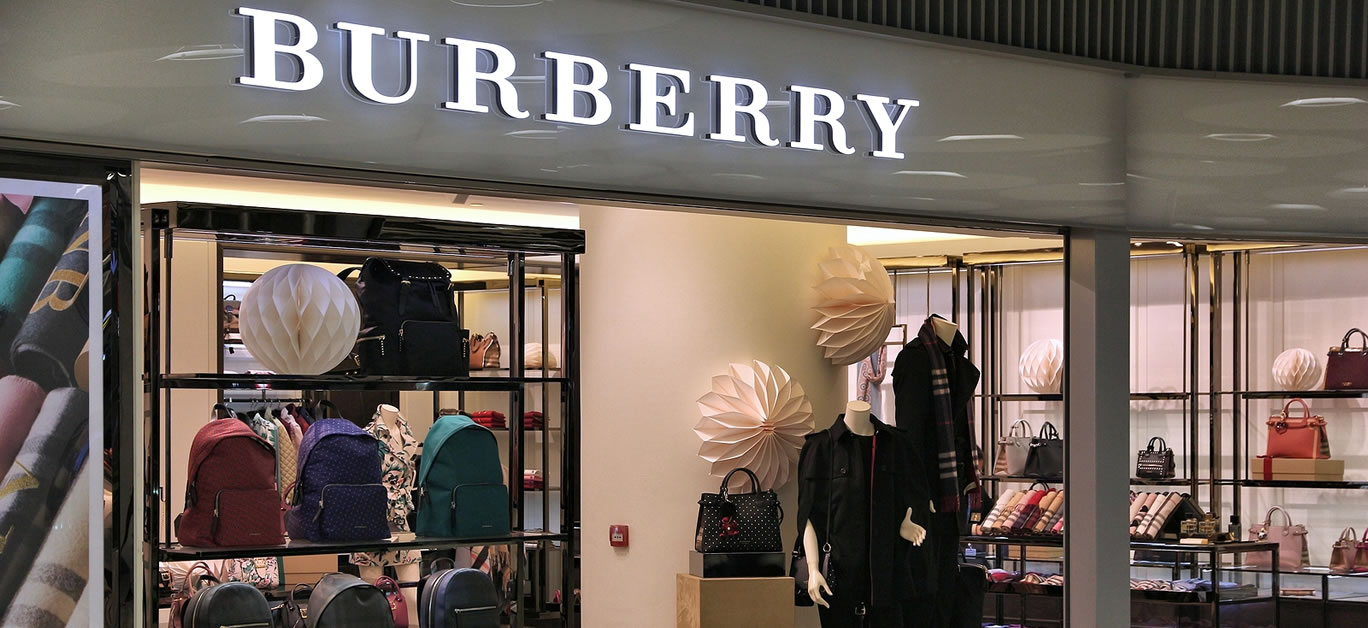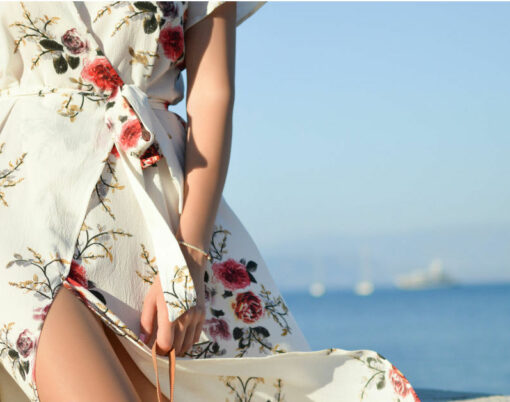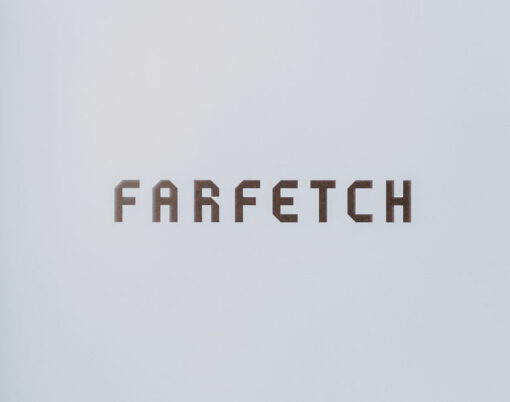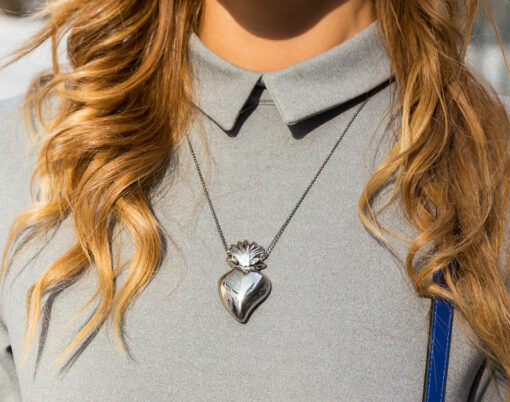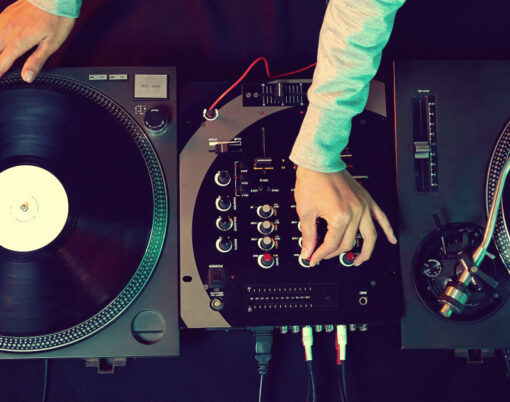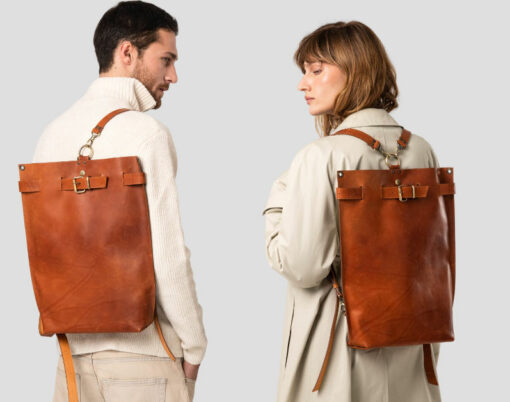Once upon a time, fashion and technology were about as opposite in every way as you could possibly imagine – but in recent years, we’ve seen some of the world’s biggest designer fashion houses embracing the latest tech innovations in ways we never could have predicted in the past, and the results have been rather exciting.
As we move increasingly into the digital world, it’s fair to say that it’s been born of necessity, with brands finding themselves having to adapt quickly in order to stay relevant, as well as appealing to a younger, more tech savvy audience.
In 2023, a luxury brand is only as good as the user experience it provides – and that doesn’t just apply to the products themselves. In fact, it starts from the moment a potential customer engages with a brand, and continues long after they have made a purchase – with the digitalisation of just about every element of communication making it easier than ever for high-end brands to build lasting relationships with their clientele if they handle the opportunity effectively.
Increasingly, wealthy shoppers are seeking a customised and highly personalised experience that as well as making their lives easier, makes them feel special and valued. But getting the balance right hasn’t been easy for brands, and the process of learning how and when to leverage the latest tech offerings to their advantage has taken time.
Here are some of the best examples of how our favourite high-end fashion brands are embracing tech innovations now.
Gucci
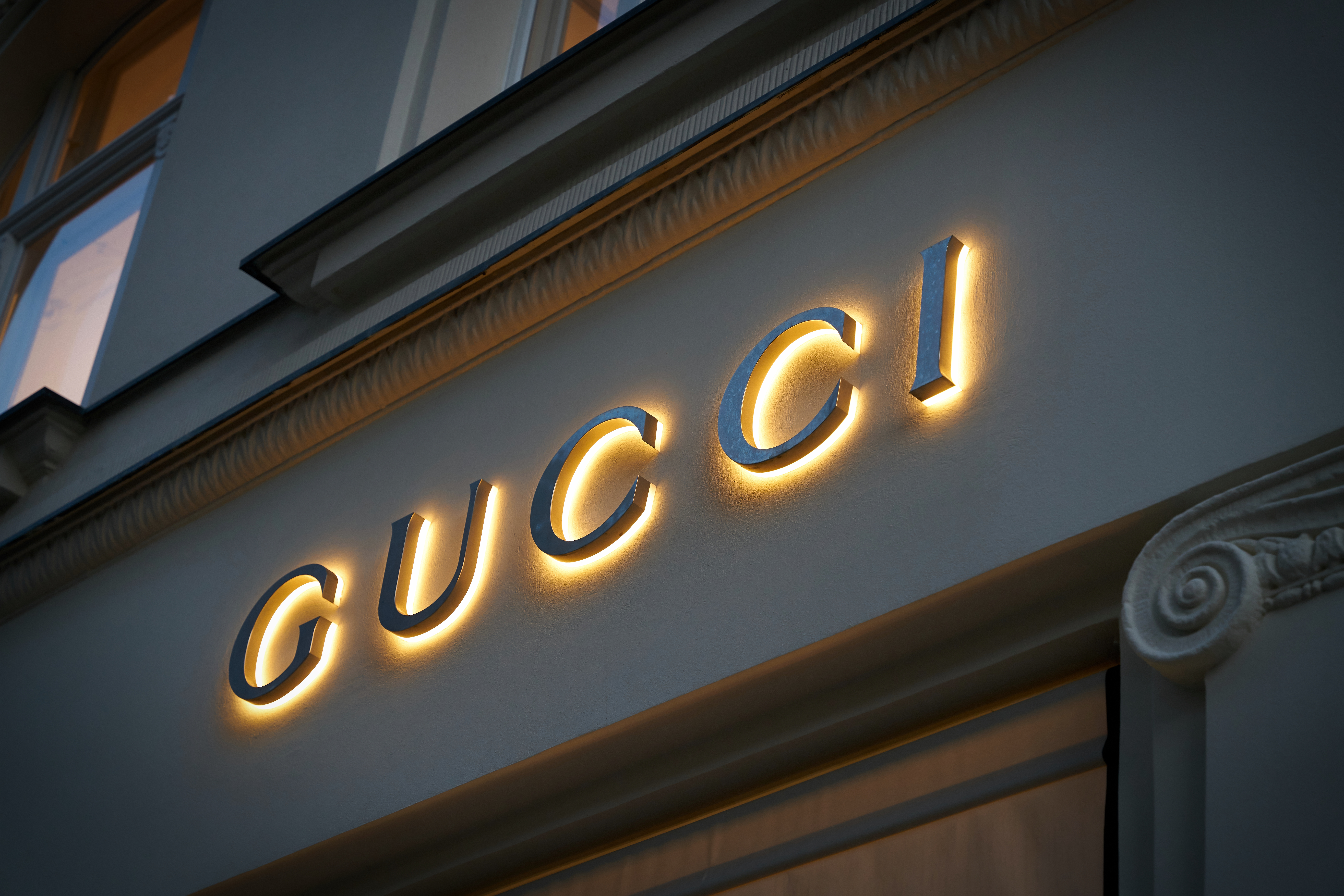
Italian fashion house Gucci made the headlines when it became one of the first luxury fashion brands in the world to begin accepting cryptocurrency as a means of payment, and recently, it expanded its list of accepted coins even further by adding ApeCoin to the line-up. But never one to rest on its laurels, it has already been embracing the global move into the Metaverse, with a number of projects already under its belt. And now, it’s hosting its very own Metaverse experience in Sandbox, where it has built its own digital world, known as ‘Gucci Vault Land’.
This innovative and experimental space takes users on a fully-immersive journey through fashion history, taking them through a range of games featuring non-fungible tokens (NFTs) of some unique and highly-covetable fashion items.
It’s not the first time Gucci has made the move towards selling virtual iterations of its products to Metaverse users, with its Gucci Garden project in partnership with Roblox already serving as a statement of intent back in 2021. What Gucci will do next is hard to predict, but it’s clear that it’s committed to leveraging the latest tech developments to both its own, and its customers’ advantage.
Philipp Plein
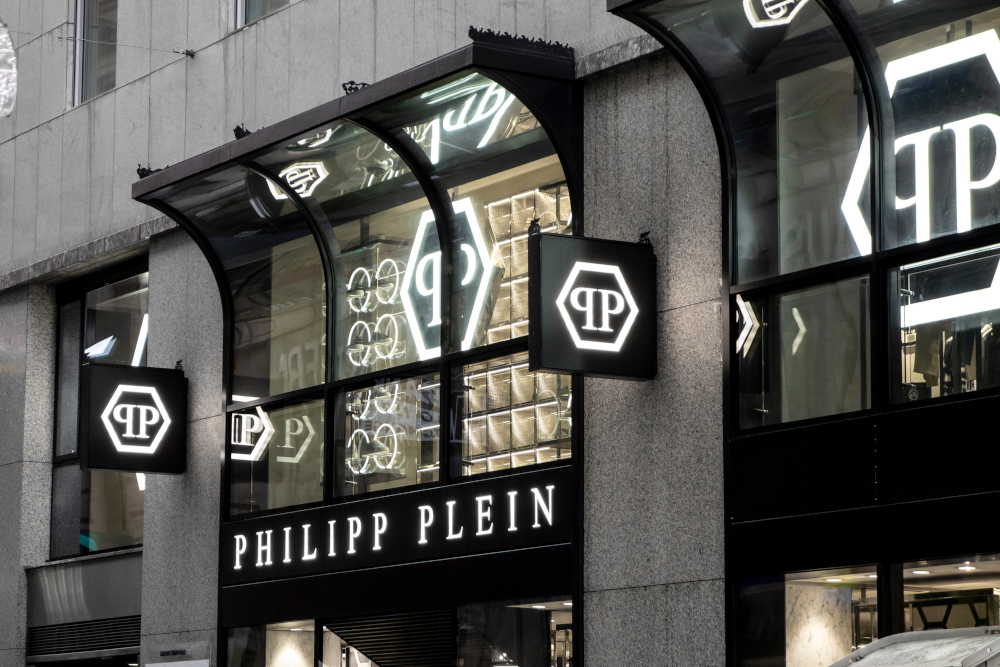
German fashion designer Philipp Plein made waves last year when his brand launched the world’s first ever ‘crypto concept store’ on London’s iconic Old Bond Street, which as well as allowing customers to come in and make purchases using one of 25 different cryptocurrencies, also features its own virtual fashion collection showcase, comprised entirely of NFTs, which is located on the third of three floors and is dubbed the ‘Museum of the NFT Arts’.
Merging physical and digital shopping as one, this futuristic flagship has been making waves and attracting affluent customers from across the globe eager to experience this unique set-up first-hand – but one day, crypto concept stores like this one could become the norm.
Burberry
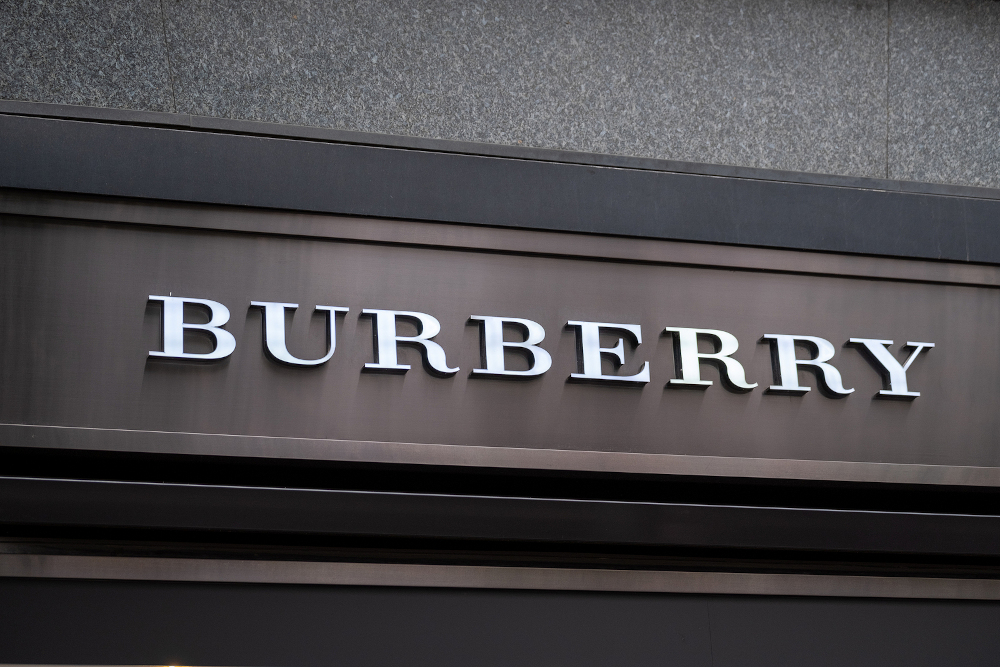
Back in 2020, Burberry garnered global attention when it unveiled the launch of its social retail store, in partnership with gaming behemoth Tencent, in Shenzhen, China.
The idea of teaming up with the world’s largest gaming company was to lead on innovation and pave the way for a new way of shopping all together, and a WeChat app, which customers can use whilst wandering through the store, allows them to access exclusive discounts and scan QR codes of garments and outfits to view detailed information about them from their smartphones.
Using the mini-app, customers can also book out automated ‘trial rooms’, and receive a fully personalised and bespoke experience to ensure they get the most out of their time in store. This new and thoroughly modern way of engaging with customers has so far proved to be a huge success, and in 2023 we could be about to see the concept expand to other key locations around the world.
Louis Vuitton
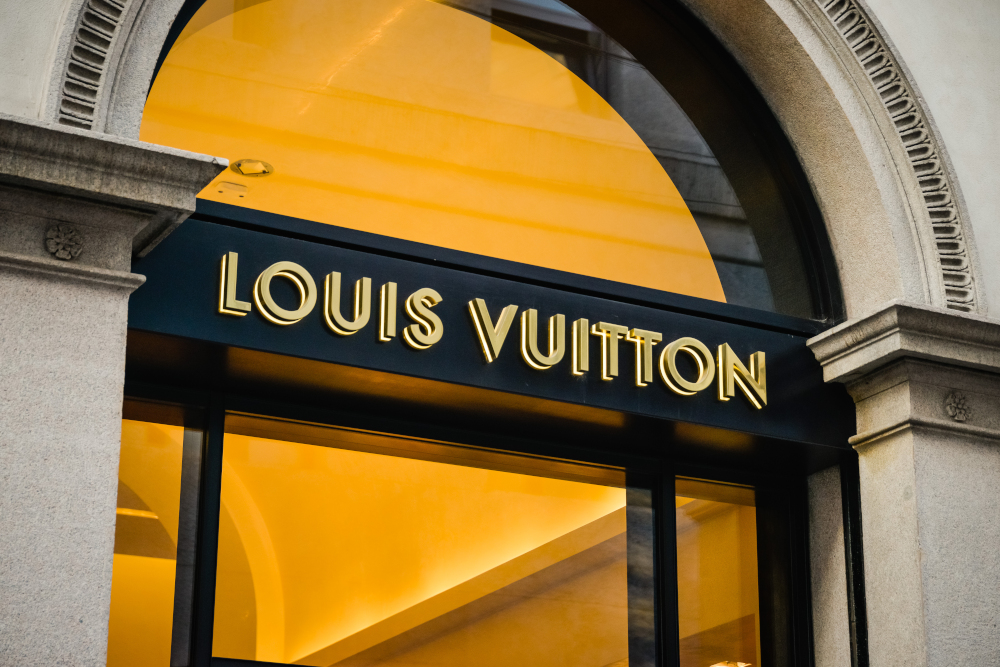
Another unique approach to embracing modern technology has been seen at Louis Vuitton, where the brand has been leveraging the concept of augmented reality through its annual travelling showcase, ‘Adventures of Zoooom with Friends’. The showcase featured a number of animated characters that visitors can interact with using QR codes they could scan using their smartphone screens, with a number of additional features seen in action at different locations.
In Paris, for example, customers at Louis Vuitton’s flagship store were able to open their smartphone cameras using the LV app and perform songs – which might sound bizarre, but proved to be a huge success that saw customers and would-be customers queuing out of the door at all hours in a bid to experience it first-hand.












